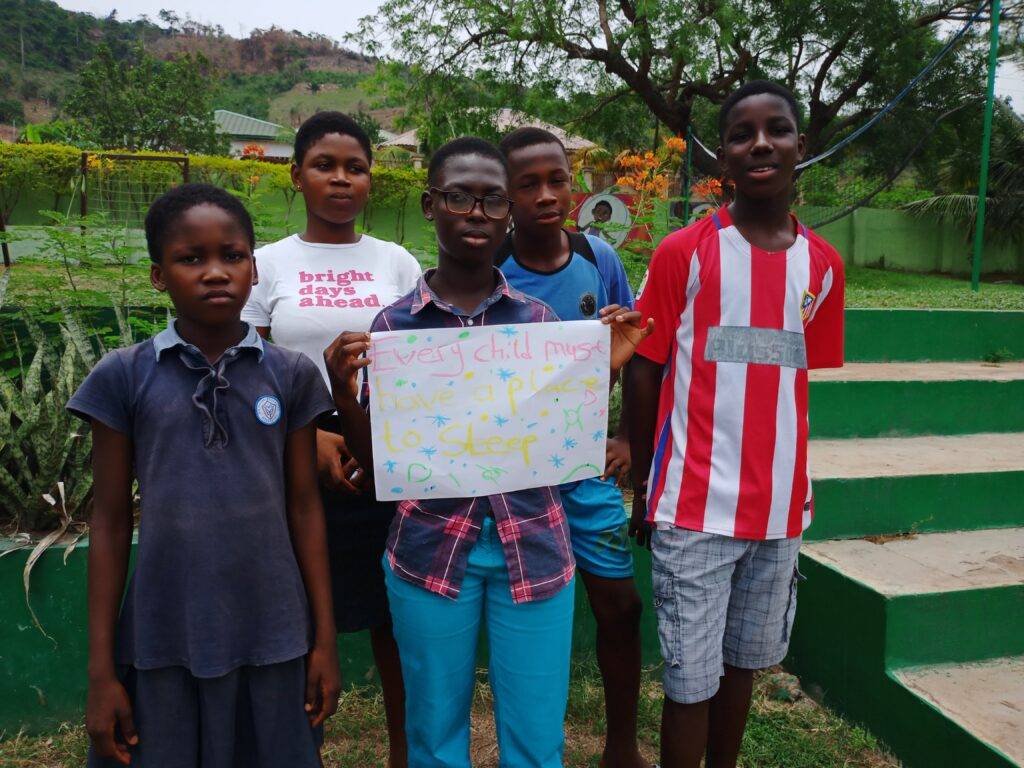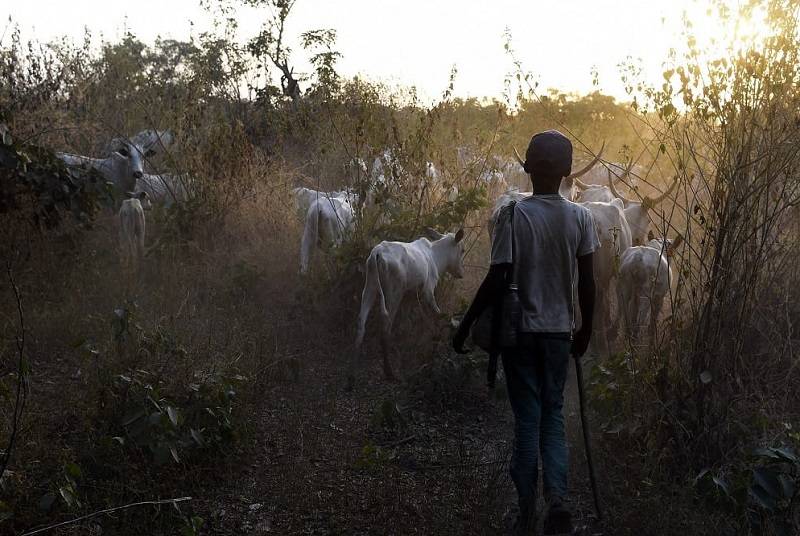
The term ‘Street Children’ does not only refer to children on the street. It covers those identified as ‘teenage beggars’, ‘street kids’, ‘homeless kids’, ‘street boys’, ‘street bums’, ‘parking boys’, ‘city nuisance’ and ‘children in difficult circumstances.’
According to Mohd Ikram, a member of India’s advocacy team, “a street child is someone, whom the street has become his or her habitual abode and/or source of livelihood; and who is inadequately protected, supervised, or directed by responsible adults” –
In 2010, the Department of Social Welfare indicated that 61,492 children were growing on the street. Then the 2021 Population and Housing Census also revealed that 1,215,546 children aged between 4 and 17 are not in school. These figures are mind boggling. Also, research conducted by the Department of Social Welfare indicated that 75 per cent of all the street children live in Accra and Kumasi with 71 per cent of them being illiterate. In May 2009, a head-count of street children was done in Accra, the result obtained showed that 43% of the total population were males and 57% were females.
In Ghana, a large number of street children can be found in central Accra, the Kwame Nkrumah Circle area, Kumasi, Tamale and other major centers. The largest number of street children come from the Northern Region of Ghana, forming 28.53% of children found on the streets of Accra.
Factors such as poverty, family breakdown, rural -urban migration, delinquency and lack of access to education contributes to this distressing situation. These innocent children are facing problems they did not contribute to. Their only crime was to be an end result of a union.
While on the street, these children lack access to basic necessities such as food, clean water and shelter. Street children are exposed to violence, exploitation and substance abuse, which makes them vulnerable to physical and emotional harm which harden and turn them into a menace in society. For them, its survival of the fittest. No food will be served on a silver platter, it has to be worked for.
The issue of street children has become a growing concern in many urban areas around Ghana. These vulnerable children are often compelled to fend for themselves on the streets and deal with numerous challenges while being exposed to various risks.
This alarming trend has prompted relevant authorities and some organizations to take steps to address the root causes of this problem. Government, NGOs, private individuals and organizations have vowed to help these children with a safe environment, education and healthcare. But their efforts have come to no avail as the number of street children keeps multiplying.
By addressing the root causes of street children, we can encourage individuals and organizations to contribute to the cause. Donations, volunteering, and supporting initiatives by NGOs can make significant difference in the lives of these children.
The media should sensitize and educate the general public by creating awareness on the dangers associated with children living on the street.
Social workers have a responsibility to offer counselling services on behavioral and child psychology to families in order to reduce the level of violence and abuse in homes.
The onus greatly lies on Government to allocate funds to minimize urbanization and support poor families, especially families of children who are pushed onto the street due to poverty.
The Ministry of Gender, Children and Social Protection and organizations that work for the welfare of street children should coordinate their activities by pooling resources together to address the challenges faced by children who live on the streets. Temporary shelters could be provided for the children till a lasting solution is found.
Funding should be provided for those children who want to go back to school. Those who prefer vocational skills could also be given skills such as shoe- and beads-making, fashion-designing and carpentry. These skills could equip them for the job market rather than living on the street.
If that is not done, these children will grow to become social misfits and crimes will be the order of the day. Streetism poses a great threat to Ghana and is a huge challenge that must be resolved. Most crimes like armed-robbery, prostitution, kidnapping and drug-abuse can be related to children living on the street. Since most children who find themselves on the streets are unable to access formal education or learning a trade, they engage in such vices to make ends meet.
A call to action is on, let’s all put our hands-on deck to do our part for these children. When they draw closer, tell them something nice, give the little you can, the love you show them softens their hardship.
Most people shout on them and treat them like “animals” because they look dirty, unkept and uncouth, but it’s no fault of theirs. The system has made them so. We can work towards a future where no child is left to survive on the street. It is our collective responsibility to ensure that every child has the opportunity to grow up in a safe and nurturing environment.
By Tenisha Darryl-Lartey
The post Street children deserve better appeared first on 3News.com.
Read Full Story




















Facebook
Twitter
Pinterest
Instagram
Google+
YouTube
LinkedIn
RSS